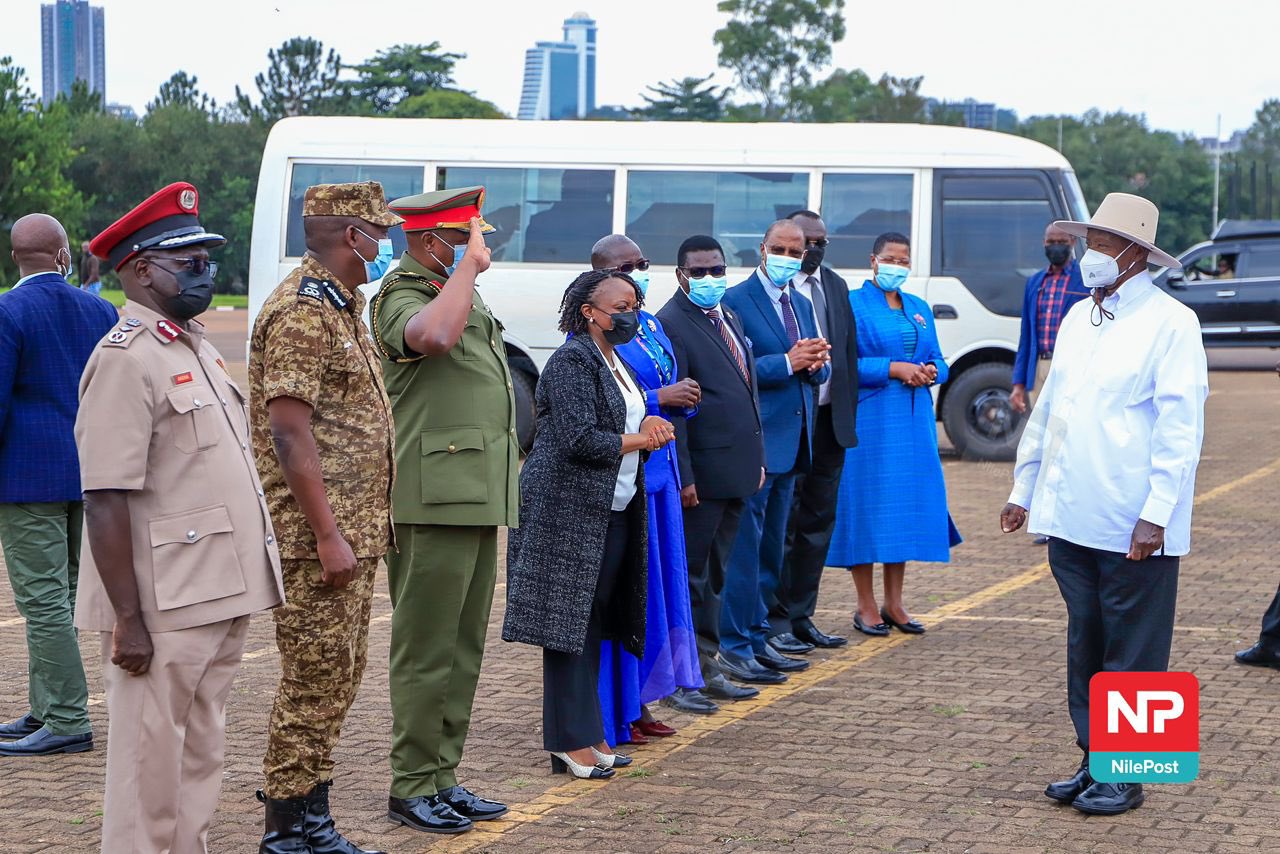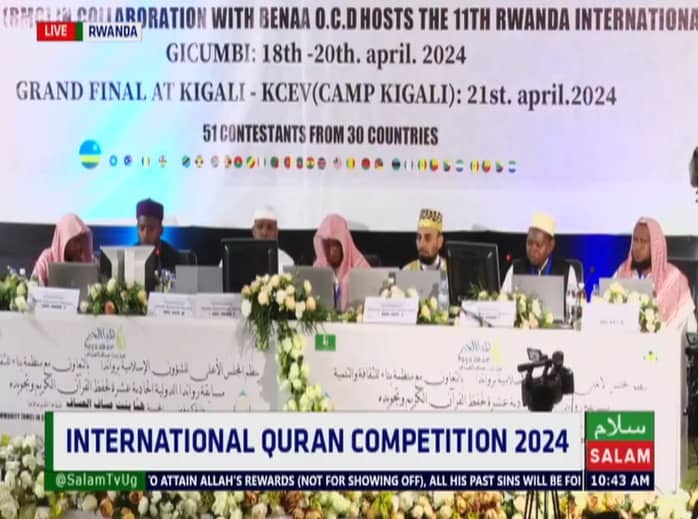Apply the law in context of society needs, Museveni tells EACJ judges
President Museveni has challenges judges, lawyers and other judicial officers in the East African Community to always apply the law in the context of society needs to ensure a meaningful impact created.
“Whenever I get chance to talk to people like you am always tempted to push my historic responsibility .Many of you are trained in western institutions. The legal system has a lot of the western things, some of which are good. There are some weaknesses of African society of before independence that must be avoided. You must always contextualize what we are doing. When you talk of justice, don’t limit yourself to just arbitrating cases in court .How about the wider issue of health, poverty, security,” Museveni said.
Keep Reading
The president was on Friday speaking during the closing ceremony of the three day second annual East African Court of Justice Judicial Conference held at Mestil Hotel in Kampala under the theme, “Transforming Access to Justice in the East African Community”.
The president emphasized that it is not enough for judges and courts in East Africa to merely arbitrate matters without putting them into context of society.
Social-economic transformation
Museveni noted that one of the key things that the courts must put focus on is social economic transformation of the people.
“You should understand that social economic transformation is the base of the journey to greater freedoms for people.”
“We need social economic transformation to make these principles of justice in a modern way be on a firm basis rather than this shaky basis. This can be through universal education and the full monetization of the economy. Let all children go to school and study for free. For me I am convinced, if all the children go to government primary schools, secondary and technical institutions, it will help the society to change.”
He noted that the free education will greatly benefit, especially children from poor backgrounds, noting that those from well off families can make use of private schools where they pay for education.
The president however lashed out at individuals he said want to use the opportunity of education to make themselves rich at the expense of poor families.
“We have been talking of freed education for many years but it is never implemented business people supposed to do it don’t see it this way. They think it is an opportunity to make money,” he said.
The president noted that social economic transformation will see Uganda, East Africa and Africa at large move to become like Europe.
He however noted that this can only be achieved if the people are mobilized by intellectuals like lawyers, judges and other people in society.
“You need to show people the right way. We need to make principles of justice in a modern way. If the people wake up, start producing and are educated, internal markets will not be enough. This is where regional and continental market hence economic and political integration.”
“This is the logic of economic integration. We are integrating in order to deal with the issue of prosperity through production of goods and services which need a bigger market.”
The Chief Justice, Alphonse Owiny Dollo emphasized the need for a strong judiciary to ensure the goals of the East African Community are achieved.
“With a strong Judiciary of each member state and of the community that sustains the rule of law will be in a much better position to sustain the principles and purpose of which we have come together as a community. I therefore appeal to each leader to ensure each member state has a robust and effective judiciary that can give meaning to the unity that comes with a community,” Dollo urged.
“The leaders should ensure that in each member state, there is a robust and effective judiciary to ensure it can effectively exercise its mandate of interpreting the community treaty and ensure rule of law prevails in the community.”
The First Deputy Prime Minister and Minister for East African Affairs, Rebecca Kadaga said that as the region makes strides in integration, the member states must ensure systematic and coordinated dispensation of justice at both the national and regional levels.
“It is a partner states obligation under Article 126 of the EAC treaty to enhance cooperation in legal and judicial matters through harmonization of legal trainings and certification, standardization of judgements of courts and publication of law reports for jurisprudential purposes,”Kadaga said.
“The EACJ has since its inception done a commendable job in passing judgements that have impacted Human rights jurisprudence within the region and beyond as well as strengthening the East African Community. It is therefore our noble obligation as citizens of the East African community to relentlessly support this court for the meaningful realization of the integration agenda.”
















